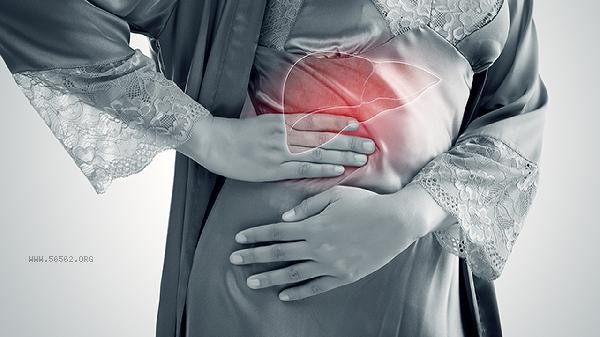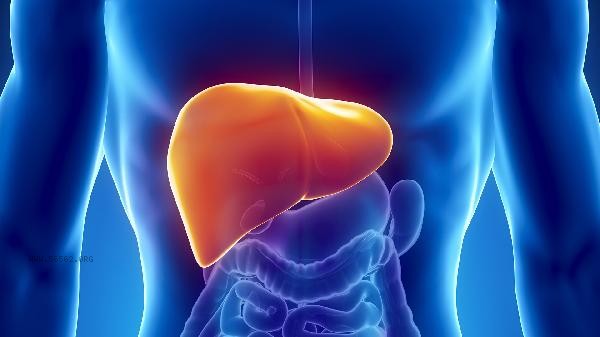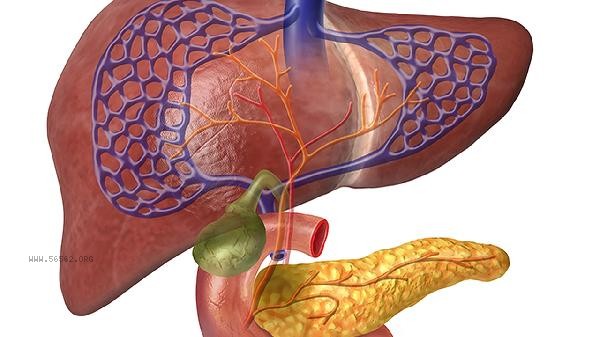Bile reflux may be related to emotional fluctuations, but anger is not the only cause. Bile reflux is usually caused by abnormal gastrointestinal motility, pyloric dysfunction, history of gastric surgery, dietary stimulation, chronic diseases, and other factors.

1. Abnormal gastrointestinal motility
Slow gastrointestinal peristalsis can lead to bile retention and reflux into the stomach. Long term mental stress may affect gastrointestinal motility rhythm through neural regulation, but it is more related to underlying diseases such as functional dyspepsia and irritable bowel syndrome. Symptoms can be improved through regular eating and avoiding overeating in daily life.
2. Dysfunction of the pylorus
Relaxation of the pyloric sphincter can cause reflux of duodenal contents, which is common in patients after gastrectomy or chronic gastritis. Although emotional excitement may temporarily affect pyloric contraction, structural lesions are the main cause. Gastroscopy can provide a clear diagnosis, and if necessary, medication may be needed to repair the mucosa.
3. History of gastric surgery
Gastric subtotal resection can damage normal anatomical structures and lead to continuous bile reflux. These mechanical factors are not related to emotions and require mucosal protectants such as magnesium aluminum carbonate to alleviate symptoms. Severe cases may require secondary surgery to reconstruct the digestive tract.

4. Dietary stimulation
High fat diet, alcohol, caffeine, etc. can stimulate bile secretion and reduce lower esophageal sphincter pressure. Although emotional fluctuations may exacerbate postprandial discomfort, adjusting dietary structure is more effective in directly reducing reflux attacks than controlling emotions.
5. Chronic diseases
Biliary system diseases such as cholecystitis and cholelithiasis can lead to abnormal bile metabolism, and diabetes neuropathy may also affect gastrointestinal motility. These pathological factors require targeted treatment for the primary disease, and emotional management alone cannot solve the fundamental problem. Maintaining emotional stability has a positive effect on gastrointestinal health, but patients with bile reflux need to pay more attention to lifestyle habits such as light diet, frequent meals, and avoiding eating before bedtime. If symptoms such as persistent heartburn and pain behind the sternum occur, it is recommended to undergo gastroscopy and 24-hour pH monitoring in a timely manner to rule out organic diseases such as reflux esophagitis. Drug therapy can use gastrointestinal motility promoting drugs, bile binding agents, etc. The specific plan needs to be formulated by a gastroenterologist based on the examination results.









Comments (0)
Leave a Comment
No comments yet
Be the first to share your thoughts!